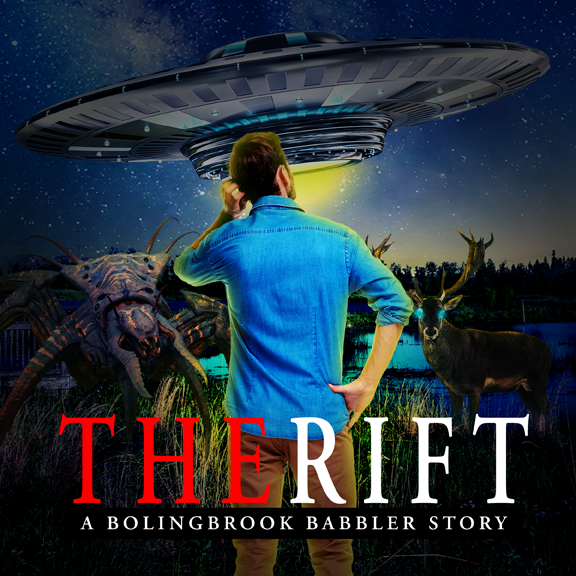Last night, Rabbi Adam Chalom of Kol Hadash Humanistic Jewish Congregation offered his thoughts on the invasion of Ukraine:
I’d like to add that I agree with Charly over at Affinity whenever I read comments bringing up the US imperialism.
Whenever I look at the comment section under an article or video about the Russian invasion of Ukraine, whether in CZ or EN, there is a visible presence of people who either outright say that Russia is right to this or who say that it is not wrong to do it because… Whatabout Iraq? Whatabout Afghanistan? Whatabout Grenada? Whatabout Whatever?
This is a classic Soviet-era propaganda tool, trying to divert the attention from an injustice being done by the USSR to similar injustices being done by the USA. The old adage that two wrongs do not make a right applies.
I was part of the CIA Off Campus movement and opposed US interventions in the 1980s. I opposed both Gulf Wars as well. George W. Bush should be charged with war crimes for lying about weapons of mass destruction to start a war. Yet, none of that justifies Russia’s invasion of the Ukraine, nor does it mean the US government shouldn’t respond. Imperialism itself is wrong, whether it’s in the name of the US, Russia, Britain, or the former USSR. Don’t fall into the trap of thinking everything the US does is wrong, and everyone who opposes the US is right. Imperialism predates the United States, and other leaders, like Putin, dream of having their own empires.
Still be critical of the coverage, and what all the leaders are saying about the war, but don’t fall into the knee-jerk reaction of assuming the US is always wrong. It’s lazy thinking, and solves nothing.

